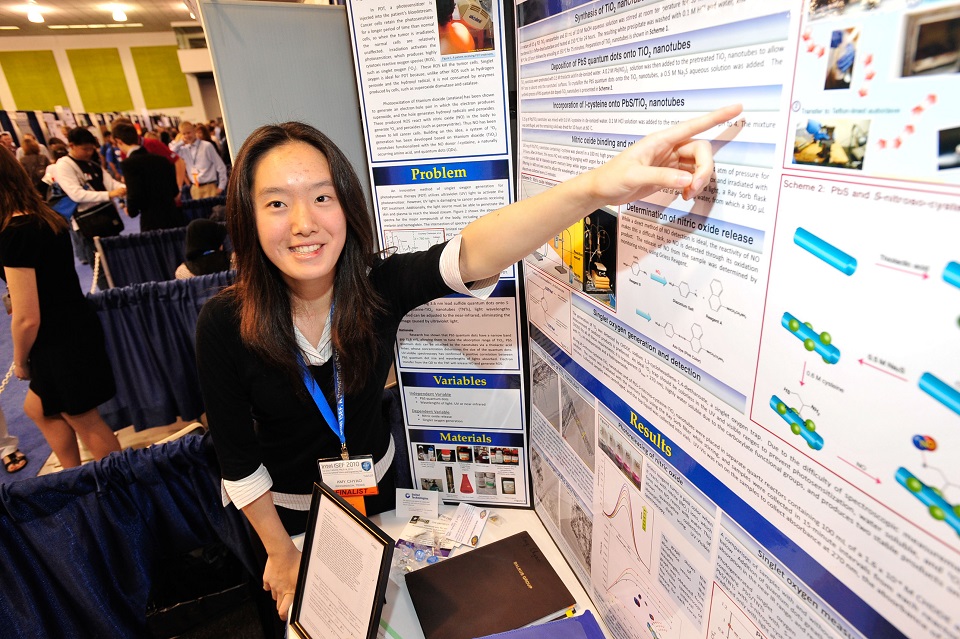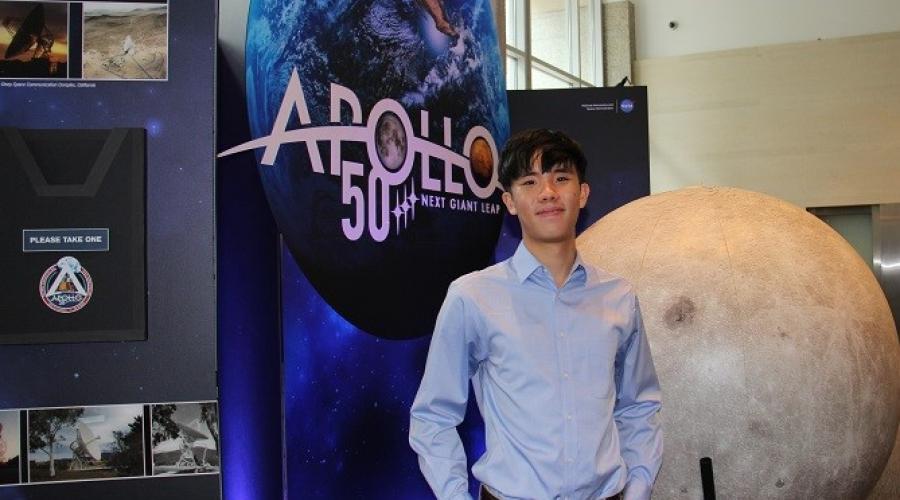Ben Gulak Rides to Fame with the Uno Bike
By Caitlin Jennings, Communications Coordinator, Society for Science & the Public
Not many SSP alumni can say their project has been featured on a reality TV show, on the cover of Popular Science, and on Jay Leno’s show, but Ben Gulak (Intel ISEF 2004, 2006, 2007) can.
The Uno Bike, which won second place at Intel ISEF 2007, has been getting a lot of attention for being both environmentally friendly (it’s electric) and attractive. Ben noticed that many electric vehicles were designed from an engineering viewpoint, not a marketing viewpoint, and that for green vehicles to catch on they would have to be appealing. “I wanted to inspire people that being green can be cool,” he says.
The Uno Bike has since taken off, attracting a lot of media attention and some investors. While studying both business and engineering at MIT, Ben has also started a business, BPG-Werks, and a new product, the DTV Shredder. The DTV Shredder is an off-road, all-terrain tracked skateboard. It can handle anything from sand, snow, mud, and trails. While it was originally envisioned as a new extreme sport, Ben is now also developing the militarized version of the Shredder for the US Army.
Despite Ben’s success with his science project, he didn’t really like science in school. “Science class, chemistry, memorizing all these useless formulas, I never really saw the point,” he says. He enjoyed making projects with his grandfather in the basement, but didn’t participate in science fairs until 9th grade when it was a class requirement. The project he made, a working model of a transportation system facilitated by magnets and electromagnets, earned him a spot on Team Canada and a trip to Intel ISEF 2004.
“The entire reason I got into engineering in the first place was really through the science fair,” he says. “When I was there, I remember, I was suddenly hit by all these amazing projects. It was all kids my age who were making them and working with universities. And I realized that all the boring stuff that you learn in school can actually be used and applied to make really neat things. And that’s when I started getting really into it.” He says that being treated like a “mini rock star” that whole week also didn’t hurt. “I was hooked,” he says. “[Intel] ISEF overall has had a huge impact on my life.”
Now he serves as one of the judges who selects which project will represent Team Canada. He advises current science fair participants to pick a project they really love doing because doing a project really well takes a lot of time and hard work, which requires passion. He also encourages participants to keep their stress from taking over. “When you’re talking to the judges, you can’t get nervous because they’re there to listen and to learn about the work that you’ve done, and if you’re nervous, you won’t be able to explain all the information and all the work that you did,” he says, adding that, despite the intimidation of being judged by impressive scientists, “they are there to help you.”
- Learn more about the Uno Bike
- Learn more about the DTV Shredder
- Watch Ben pitch his project to venture capitalists on the Dragons’ Den
- Support science by joining SSP


